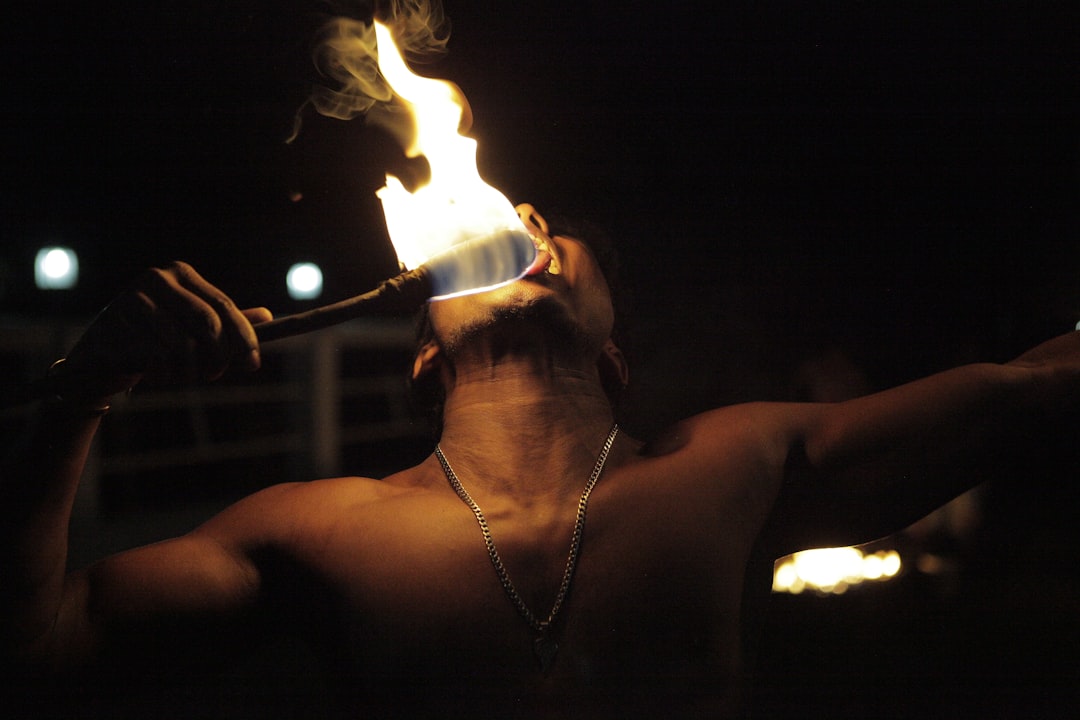What is it about?
This essay is a study in politics and law. It begins with an introductory background which explains Israel's vulnerability as a Jewish, multicultural democracy in a hostile region, with significant schisms that divide the nation. In the next section I present the State Attorney's stance regarding extreme statements made in the context of the disengagement from Gaza. I proceed by addressing the issue of religious incitement, both Jewish and Moslem. I argue that the State cannot sit idly by while senior officials incite racism and undermine its democratic values. Such officials should be discharged of all responsibilities. The State ought to weigh the costs of allowing hate speech as well as the risks involved, and balance these against the costs and risks to democracy and free speech associated with censorship.
Featured Image
Why is it important?
The State cannot sit idly by while senior officials incite racism and undermine the State’s democratic values.
Perspectives
Israel needs to protect its citizens, both Jewish and non-Jewish, as well as to protect itself as a Jewish democracy. In doing so, Israel should not unnecessarily infringe on free expression or create discriminatory situations. It is not a small feat to achieve both. A balance needs to be struck between competing social interests. Freedom of expression is important as is the protection of vulnerable minorities.
Professor raphael cohen-almagor
University of Hull
Read the Original
This page is a summary of: Religious, Hateful, and Racist Speech in Israel, Shofar An Interdisciplinary Journal of Jewish Studies, January 2013, Project Muse,
DOI: 10.1353/sho.2013.0018.
You can read the full text:
Contributors
The following have contributed to this page










